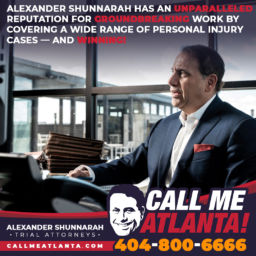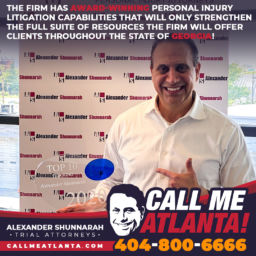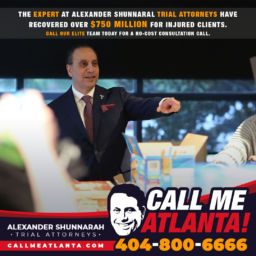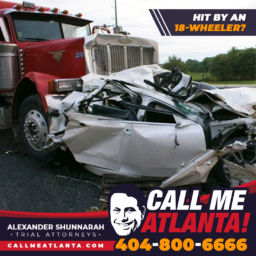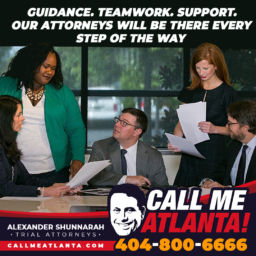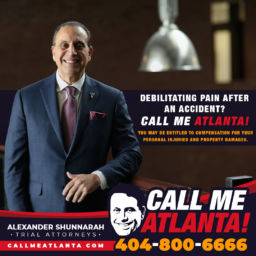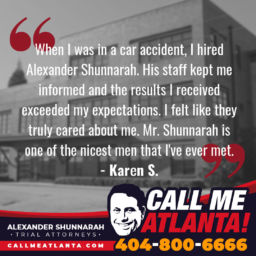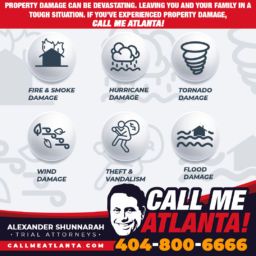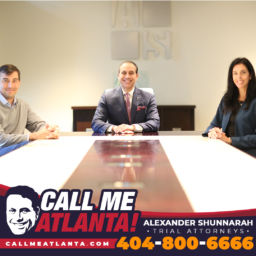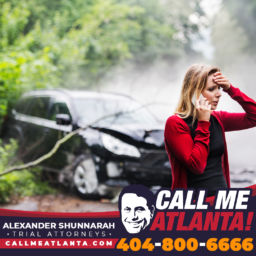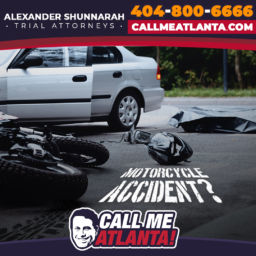Every year, over 170,000 people die due to unintentional injuries each year, making it the third leading cause of death in the United States. While some accidents are unpreventable, some incidents are more than merely being “in the wrong place at the wrong time.”
When negligence is responsible for any accident, compensation is possible. This notion is even true during wrongful death cases.
What are the Principles of Wrongful Death?
When someone dies under suspicious circumstances, there are some key questions to explore.
- Was the death caused in any way by the defendant’s actions or lack of action?
It is challenging to think negatively about a loved one who recently passed, but answering this question is essential to determine a case. Try to explore the incident in further detail and uncover whether the victim was at fault for their behavior.
- Was the defendant negligent or liable in the victim’s death?
If it doesn’t seem like the victim’s fault, was there another party responsible? This responsibility doesn’t mean that the defendant played an active role in the incident. Merely facilitating an unsafe environment is enough to hold someone liable for the injury.
- Are there surviving family members such as a spouse or child, dependents, or beneficiaries?
While negligent companies face repercussions regardless, establishing appropriate beneficiaries is crucial to any legal case.
- Is there a financial loss (including medical bills, funeral expenses, and/or loss of income) as a direct result of the victim’s death?
In addition, compensating for the incident itself, calculating accident-related expenses is vital to determining compensation.
How do I Handle a Loved One’s Wrongful Death Case?
If you believe your loved one was a victim of wrongful death, contact a legal professional today. It’s a stressful journey, but people are there to help you manage these cases.
When injuries or death are the results of negligence, it’s crucial to hold those accountable responsible. Pursuing these cases both gets you the compensation you deserve and deters the same party from hurting someone due to negligence again.
Catastrophic injuries are those which have a long-term effect on the life of the victim. A catastrophic injury is so severe that it usually results in long-term medical conditions, permanent disability, and/or a shortened life expectancy. They are often life-threatening and life-altering injuries which require extensive medical care, rehabilitative treatment, medical equipment, nursing care or personal assistance long after the accident or event has occurred which caused them. These injuries can often lead to inability to work at all in the future, affecting not only the life of the victim but family members as well who must be depended upon for care and support.
Alexander Shunnarah Trial Attorneys is known nationwide for providing outstanding legal advice and excellent representation. We have recovered over $700 million in lawsuits involving 18 wheeler trucking litigation, wrongful death litigation, commercial vehicle litigation, motorcycle litigation, catastrophic litigation, and mass torts involving medical devices and bad drug litigation. Our prowess in the legal arena comes from our combined years of trial and complex litigation experience.
We founded our practice on the belief that the 7th amendment and the civil jury system is the best means to provide compensation to injured parties and deter wrongdoers from injuring others in the future.
Legal Disclaimer: These recoveries and testimonials are not an indication of future results. Every case is different, and regardless of what friends, family, or other individuals may say about what a case is worth, each case must be evaluated on its own facts and circumstances as they apply to the law. The valuation of a case depends on the facts, the injuries, the jurisdiction, the venue, the witnesses, the parties, and the testimony, among other factors. Furthermore, no representation is made that the quality of legal services to be performed is greater than the quality of legal services performed by other lawyers.
































